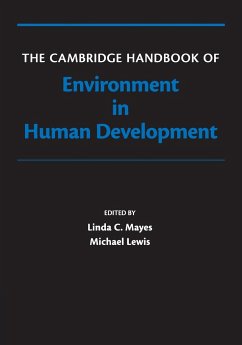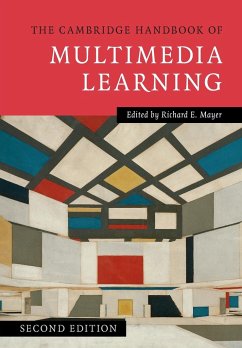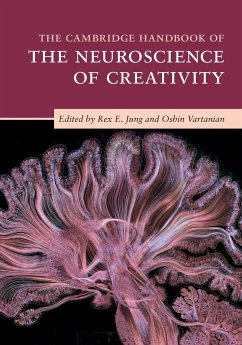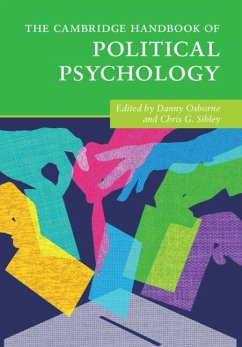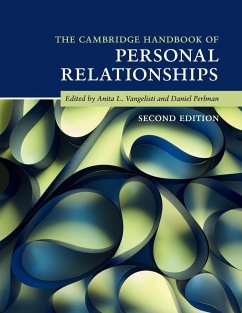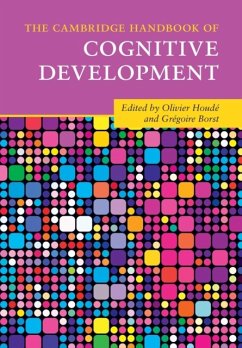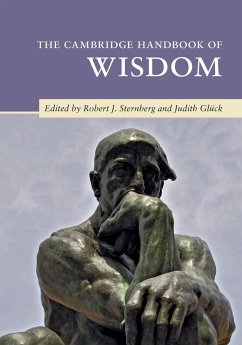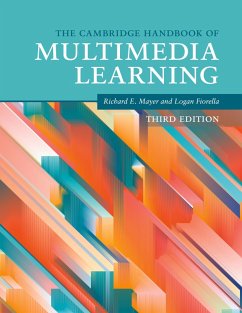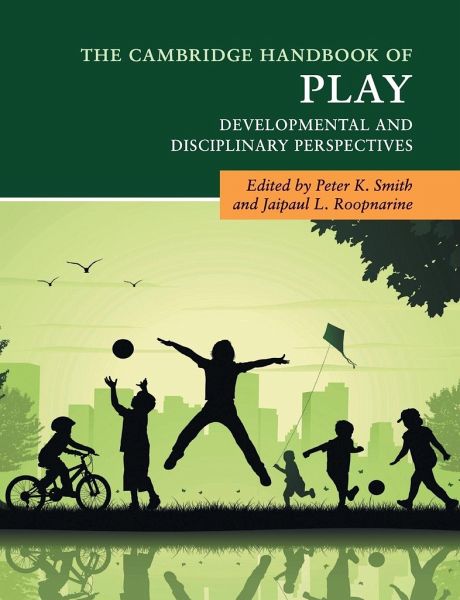
The Cambridge Handbook of Play
Versandkostenfrei!
Versandfertig in 1-2 Wochen
71,99 €
inkl. MwSt.

PAYBACK Punkte
36 °P sammeln!
Play takes up much of the time budget of young children, and many animals, but its importance in development remains contested. This comprehensive collection brings together multidisciplinary and developmental perspectives on the forms and functions of play in animals, children in different societies, and through the lifespan.





